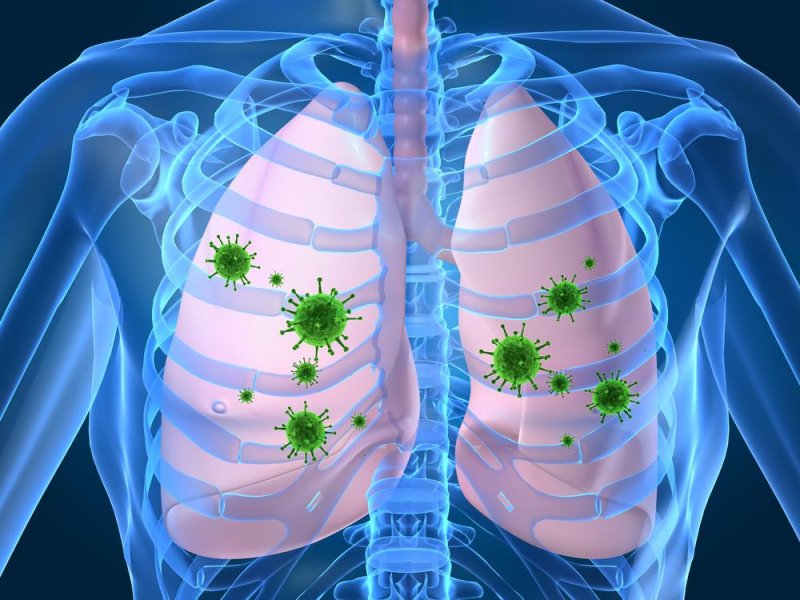waltky
Wise ol' monkey
Sleep apnea treatment may help COPD...
Can a treatment for sleep apnea help copd?
Sleep apnea occurs when you stop breathing while sleeping.
Can a treatment for sleep apnea help copd?
Sleep apnea occurs when you stop breathing while sleeping.
In addition to the bothersome side effects of snoring and daytime sleepiness, it can raise your risk for heart disease. If you have sleep apnea along with COPD, the risk to your heart and your health is exponentially higher. Fortunately, a machine designed to treat sleep apnea may also help your COPD. A continuous positive airway pressure (CPAP) device uses gentle pressure to keep your airways open. According to a new study, people with both COPD and sleep apnea who use CPAP at night run less risk of dying of their diseases.
A Dangerous Overlap
Often, a blockage or collapse in your upper airway causes sleep apnea. About 10% to 20% of people with sleep apnea have COPD, and about 1% of all Americans have both conditions. Health care providers call this “the overlap syndrome.” Left untreated, sleep apnea increases your risk for high blood pressure, stroke, heart disease, and diabetes. You’re already at higher risk for heart disease if you have COPD. If you have the overlap syndrome, the two conditions interact and increase your risk of dying from heart disease even more.
How CPAP Helps Your Lungs
That’s where the CPAP device comes in. To use it, you put a mask over your nose and possibly your mouth, as well. A tube connects the mask to a machine that blows air with a fan. This flowing air pushes your tongue forward and opens your throat so you can breathe easier. CPAP is the most common treatment for sleep apnea, and it may also provide benefits to those with COPD. By restoring your blood oxygen levels at night, CPAP can actually slow down the inflammatory processes of COPD that damage your lungs.

What’s more, using a CPAP machine may reduce the amount of work your breathing muscles need to do on their own. It also can prevent your lungs from overinflating. This is a common occurrence in people with COPD that makes breathing more difficult. As a result of using CPAP, you might be able to walk more or otherwise be more active during the day. This makes your life easier, and it can also improve your lungs and overall health.
Ask Your Health Care Provider About CPAP

